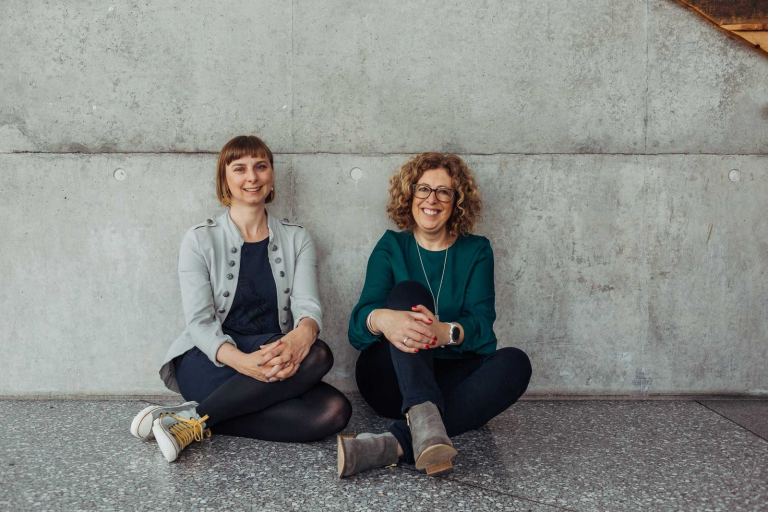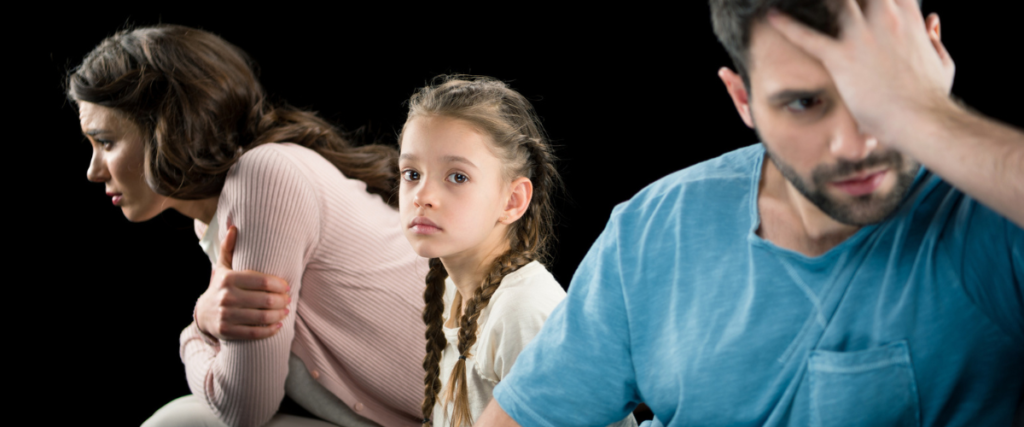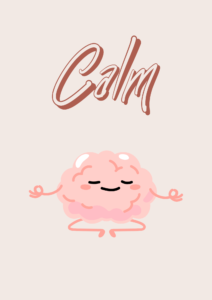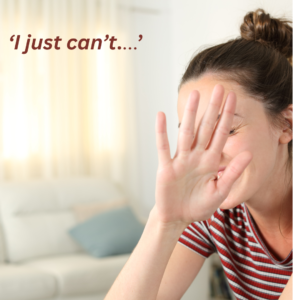Is this our fault?
Did we cause this?
Questions that every parent asks...
Why we're not to blame.. and how we can help ease our feelings of shame and guilt
When a child is diagnosed with an eating disorder, it is often very difficult for the whole family.
The first question parents ask themselves and the professionals is “Did we cause it?” or “Is it our fault?”
At the beginning of my work with families affected by eating disorders, over 10 years ago, there was a stronger belief that families caused or contributed to the development of an eating disorder.
Families were often scared to even ask the question! They would be flooded by guilt for months or years.….and of course, this affected how they were able to support their loved one.
Today, people still start with the question ‘Is it our fault’? and, I think, often get a vague and emotionless response: ‘no, families do not cause eating disorders’.

The fear then transforms to more detailed questions:
– Did we miss something when she was little?
– Maybe seeing me dieting caused her to restrict?
– Maybe we should have/ shouldn’t have done that?
So why is it not our fault as parents?
Let me answer that question more holistically, using the Biopsychosocial model…
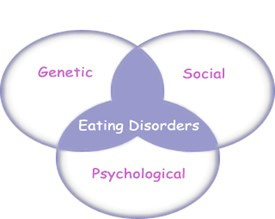
Eating disorders are caused by complex biopsychosocial factors.
Bio comprises the temperamental and genetic predispositions that we all have;
Psycho factors include emotional regulation issues, low self-esteem and body image issues. They can be connected to difficulties in developmental transitions from childhood to adolescence or adolescence to adulthood. They can be caused by traumatic experiences (we have to remember that for a young person this is often bullying, being excluded from a peer group, rejected in a relationship or being bullied online).
Social: – cultural ideals of health and beauty; the body ideal of thinness and the impact of diet culture on what we eat and how we eat – which is often grounded in misinformation and confusion.
Also, let’s remember that it is a biopsychosocial model, so it is not one of these factors but a combination of them that can lead to the development of an eating disorder.
I really hope that you can see now that, even if you did not listen to your child when they were 4 or forced them to practice ballet or finish the plate (and let’s face it, we all did these things!), it was not the single and only reason that they subsequently went on to develop an eating disorder.
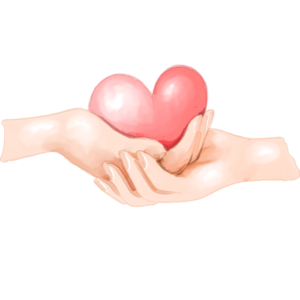
When we start to believe it’s our fault, we tell ourselves stories.
It is in our nature to try to understand something difficult.
When we are stressed, our brain tries to make sense of what is happening by creating some stories….
Trust me! This particular story – that this is your fault – is actually the most unhelpful of all.
Believing this false story can lead to:
A dysregulated emotional state. When we are consumed with guilt and especially shame, our brain is triggered into ‘survival’ or ‘fight or flight’ mode. We are less rational, have less emotional capacity and less tolerance. (And these are all the things you desperately need right now, to be helpful and supportive to your loved one).
Being all about you: When you feel ashamed, you are preoccupied and quite touchy and focused on your own feelings. So, again, tolerance, emotional capacity and the ability to be rational go out the window.
Soldiering on alone: When you feel that this is your fault, you are less likely to ask for support for yourself, never in a million years thinking that you may need therapy or coaching support for yourself. You may not even share what’s going on with friends and family.
Being unable to advocate for your loved one as you feel that you don’t have the right to push for adequate services and timely interventions – because it is your fault isn’t it?

When we feel that we're making things worse - Rupture and Repair:
Sometimes as well as feeling responsible for our loved one’s eating disorder, we also can feel that we’ve made things worse – that we’ve caused damage by saying the wrong thing or reacting in an unhelpful way.
You know, this applies to all humans, not just parents of children with eating disorders!
The research states that ruptures in relationships are normal. To be “good enough” parents is enough. (And please don’t be misguided by the name – ‘good enough’ is actually the best parenting there is!).
The secret is not in avoiding ruptures, it is in learning to mend and fix the ruptures quickly and skilfully. From the work that you’ve all been doing with us, I know you are learning all the time.
So try to be kind to yourself
We are always doing the best we can
Sometimes we learn, look back and see mistakes and cringe. Instead of terrible guilt, wouldn’t it be great to celebrate that we are progressively less ignorant, that we are continuing to learn?

But…
We know shame and guilt is not rational, it is a feeling
So if even after reading this you want to say “yeah, great Zuzanna, I understand I shouldn’t, but I still feel guilty… and thanks to you I now feel guilty for not being able to stop being guilty!” – a thing I hear a lot, don’t worry you are not strange

I have an exercise for you
Sit comfortably, close your eyes, and focus on the feelings of guilt and shame:
Where do you feel them in the body?
Try to connect to the parts of the body where the shame and guilt live, don’t try to get rid of them – be open and curious
Try to name the sensation – is it..? What colour and texture or shape is that sensation?
Maybe something will come to you. Sometimes we remember other times in our life when we felt guilty, sometimes we may have some random memories coming in
Try to remember them, or pull out a pen and paper and take some time to write it down.
Now that you have named where this feeling is and maybe understand that there is a bit more history to this feeling in your body – put your hand on the place that the shame and guilt lives in with the most intensity.
Try to be with it, don’t try to get rid of it. If you need, take breaks.
If you need it, ask someone to be there with you because it may be overwhelming
If you have to take a break, don’t get discouraged – it is super normal – shame is the hardest emotion there is; guilt is only a little weaker
Try to sit with the feeling without trying to get rid of it and be open to what comes to you
If nothing (and I suspect you were not patient enough if that is your answer…) keep going, because even though there is no magical insight, you are still building your tolerance for emotional distress
Befriending this particular feeling helps to build your emotional capacity
Keep going
After a while you will be able to recognise shame and ask for support, talk to someone or use some self – regulation skills to return to a more rational state
If you find that you get some insights and it is not overwhelming, you will learn so much from this exercise and you will eventually “release” this shame
Remember, though, if you feel overwhelmed and keep remembering different moments in life when you felt ashamed, please start working with a therapist to help you
As I’ve already said, shame is the most difficult emotion there is
Often it’s not one we can deal with on our own
Can you see now that the work with shame is a process? Knowledge only relieves us from shame on a superficial level – the deeper, emotional level takes time
This exercise helps us to approach the feelings of shame, while remaining self-compassionate and curious. It is not about pulling us into a downward spiral of shame, making us feel worse and worse.
Take your time with an exercise such as this.
Always remember to mind yourself.
Remember too that working on our own emotional capacity and distress tolerance can only help the loved ones that we are supporting.
Let us know what you think of our blog! Are other topics you'd like us to focus on?
Please don’t hesitate to reach out to us if you have any questions or if you'd like to learn some more about the work that we do and how we can help support you on this very challenging and difficult journey
You are all amazing
